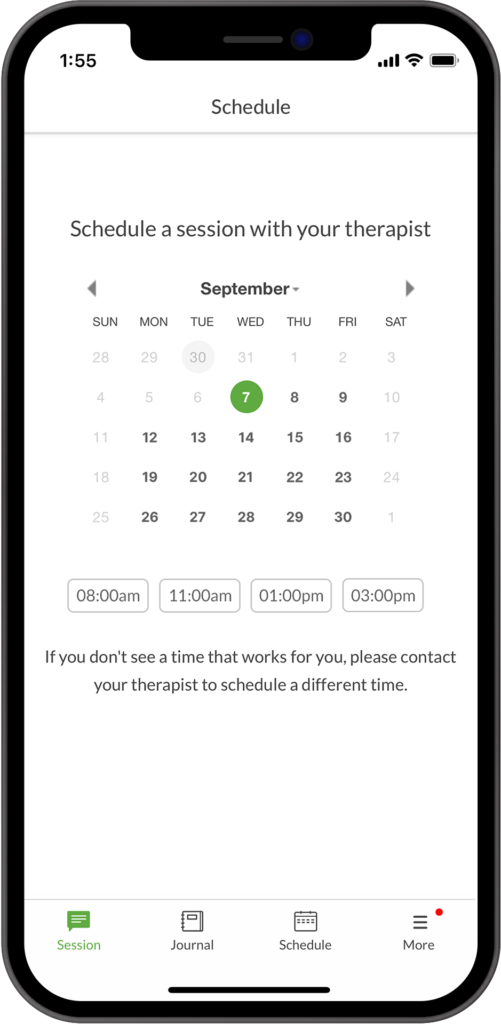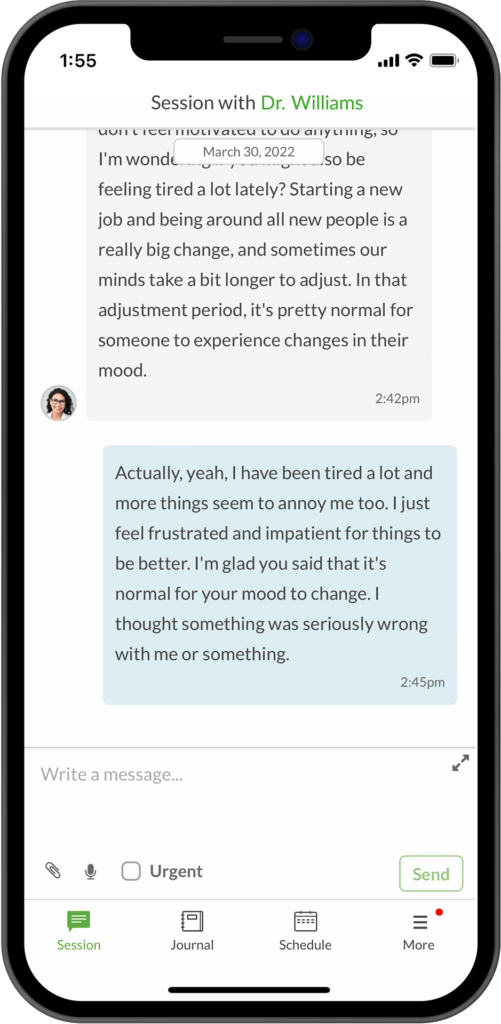If you’ve struggled with self-compassion and have always wondered how to love yourself well then I’ve got some pointers that might help. Let’s be clear – loving yourself isn’t always a walk in the park. In a world that seems to demand perfection, being kind to yourself can feel like swimming against the current. But here’s the thing: self-love isn’t just some fluffy concept peddled by Instagram influencers. It’s a crucial ingredient for mental health, resilience, and overall well-being.

So, if you’ve ever caught yourself being your own harshest critic, or the idea of self-love just doesn’t jive let’s clarify so it’ll make more sense. Let’s get into the nitty-gritty of how to cultivate genuine self-compassion and love yourself. No fluff, no empty platitudes – just practical strategies to help you build a healthier relationship with yourself.
Table of Contents
Understanding Self-Love and Self-Compassion
Before we jump into the how-to, let’s get clear on what we’re talking about. Self-love isn’t about narcissism or thinking you’re better than everyone else. It’s about treating yourself with the same kindness and understanding you’d offer a good friend.
Self-compassion, a term coined by researcher Kristin Neff, has three main components:
- Self-kindness vs. Self-judgment
- Common humanity vs. Isolation
- Mindfulness vs. Over-identification
In other words, it’s about being gentle with yourself, recognizing that everyone struggles sometimes, and maintaining a balanced awareness of your emotions without getting swept away by them.
The Self-Love Struggle: Why It’s So Damn Hard To Love Yourself
If self-love is so great, why isn’t everyone doing it? Well, there are a few reasons:
- Childhood messages: Maybe you grew up hearing that self-criticism was the path to improvement.
- Societal pressure: Our culture often equates self-worth with achievement, making it hard to love yourself unconditionally.
- Comparison trap: Thanks, social media, for making us feel like everyone else has it all figured out.
- Fear of complacency: You might worry that if you’re too kind to yourself, you’ll lose your edge.
Recognizing these barriers is the first step to overcoming them. Now, let’s get into the practical stuff.
Building Self-Compassion: Your Step-by-Step Guide
1. Cultivate Mindfulness
You can’t change what you don’t notice. Start paying attention to your self-talk. When you catch yourself being self-critical, pause. Take a deep breath. This creates space between you and your thoughts.
Try this: Set a reminder on your phone to check in with yourself a few times a day. Notice your thoughts and feelings without judgment. It’s like weather-watching but for your inner landscape.
2. Challenge Your Inner Critic
That voice in your head that says you’re not good enough? It’s time to talk back. When you notice self-critical thoughts, ask yourself:
- Is this really true?
- Would I say this to a friend?
- What would I say to a friend in this situation?
This isn’t about positive thinking – it’s about fair thinking. Treat yourself with the same objectivity and kindness you’d offer someone else.
3. Practice Self-Compassion Meditation
This might sound a bit woo-woo, but hear me out. Self-compassion meditation is a powerful tool for rewiring your brain. Here’s a simple practice:
- Sit comfortably and take a few deep breaths.
- Place your hand on your heart.
- Repeat to yourself: “May I be kind to myself. May I forgive myself. May I be strong. May I be patient.”
Feel free to modify the phrases to whatever resonates with you. The key is to direct kind wishes towards yourself.
And for added measure, I’ve got a guided meditation I’ve put together. It’s less than 10 minutes and it will help you let go and go deep.
4. Write a Self-Compassionate Letter
Imagine you’re writing to a dear friend who’s going through exactly what you’re going through. What would you say to comfort and encourage them? Now, read the letter to yourself. It might feel awkward at first, but stick with it. Be candid and thoughtful. Open up and let your feelings flow out. Remember this is just for you so you don’t need to worry about anyone else actually reading this.
5. Embrace Your Common Humanity
Remember, you’re not alone in your struggles. Everyone messes up, feels inadequate, or faces challenges and struggles in life. Instead of isolating yourself when things get tough, reach out. Share your experiences with trusted friends or join a support group. Meetup.com is a great source for connecting with others and finding groups that resonate with you. Not sponsored by them, but genuinely have found value here.
6. Practice Forgiveness
We all make mistakes. Instead of beating yourself up, try this:
- Acknowledge what happened without judgment.
- Recognize the emotions you’re feeling.
- Consider what you’ve learned from the experience.
- Commit to moving forward with this new knowledge.
7. Celebrate Your Wins (Even the Small Ones)
Keep a “victory log” where you jot down your accomplishments, no matter how small. Finished a tough work project? Write it down. Managed to meditate for five minutes? That goes in too. Review your log regularly to remind yourself of your progress. While we may have project lists and notebooks full of to-do’s celebrating our wins is very necessary.
8. Take Care of Your Physical Self
Self-love isn’t just about your mind – it’s about your body too. Prioritize sleep, eat nourishing foods, and move your body in ways that feel good. These aren’t indulgences; they’re necessities.
9. Set Boundaries
Loving yourself means respecting your own needs and limits. It’s okay to say no to things that drain you. It’s okay to ask for what you need. Your needs matter just as much as everyone else’s. And never assume those around you know how you feel and what you need. You have to express yourself and your needs.
10. Seek Professional Help If Needed
If you’re really struggling with self-compassion, consider talking to a therapist. They can provide personalized strategies and support.
As you know I’m a huge proponent of Mental Wellness and ensuring we all get the help we need when we need it. And of course, I don’t want you just to get any help I want you to get the right help so I am now sponsored by BetterHelp.
BetterHelp is the world’s largest therapy service, and it’s 100% online.
BetterHelp offers a network of over 25,000 licensed and experienced therapists who can help you with a wide range of issues.
Just click on the link below, answer a few questions, and get matched with a therapist from the network.
One of the most amazing features of BetterHelp, if you don’t jive with your therapist you can switch to a new one that’s a better fit for you any time free of charge.
With BetterHelp, you get the same professionalism and quality you expect from in-office therapy, but with a therapist who is custom-picked for you, more scheduling flexibility, and at a more affordable price.



Learning How To Love Yourself Is A Journey, Not the Destination
Here’s the truth: self-love is a practice, not a destination. You don’t wake up one day and suddenly have it all figured out. It’s something you choose, again and again, day after day.
There will be setbacks. There will be days when your inner critic seems to have a megaphone. That’s okay. The goal isn’t perfection – it’s progress.
Remember, every time you choose self-compassion over self-criticism, you’re rewiring your brain. You’re building new neural pathways. It gets easier with practice.
Your Turn
So, are you ready to embark on this self-love journey? Start small. Pick one strategy from this guide and try it out for a week. Notice what changes occur. Be patient with yourself. And remember, you’re worth the effort.
Loving yourself isn’t selfish – it’s necessary. It’s the foundation for resilience, happiness, and healthy relationships with others. You’ve got this. And hey, even if you don’t believe it yet, I do. Here’s to your journey of self-compassion. You deserve all the love you have to give.
A great way to love yourself is to visit the Ultimate Self-Love Boutique.
You know what they say – “A Little Retail Therapy Never Hurt”

Comments +
How To Love Yourself: A Guide To Building Self-Compassion
Self Love, Self-Help